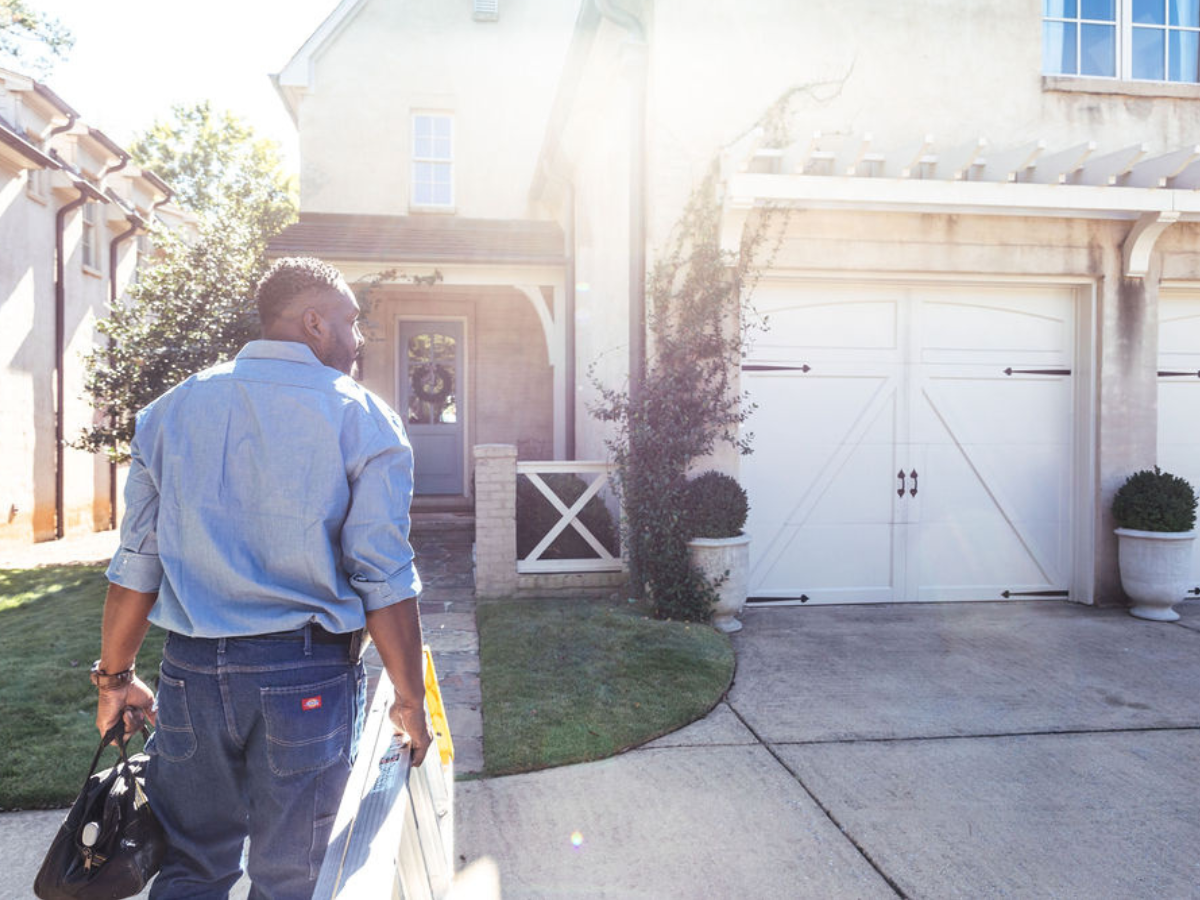Landlords in Richmond face a common fear of the potential damage that can arise from delayed or inadequate maintenance. This fear is not unfounded; neglecting property maintenance can have severe consequences, ranging from increased costs to safety hazards and even depreciation of the property value. In this article, we will delve into the importance of timely and effective maintenance in preserving property integrity and value and explore strategies for effective maintenance management.
Introduction
A well-maintained property is not only aesthetically pleasing but also essential for the safety and comfort of residents. Delaying or neglecting maintenance tasks can have both immediate and long-term effects, with unpleasant consequences for the property owner’s business success.
Section 1: The Consequences of Neglecting Property Maintenance
Immediate Impacts
When property maintenance is neglected, the costs can quickly escalate. Minor issues that could have been easily resolved with routine maintenance can snowball into major repairs that drain the landlord's finances. Delayed maintenance can also lead to severe property damage, compromising structural integrity and putting the safety of residents at risk. For example, a minor plumbing issue left unaddressed can result in a burst pipe, causing water damage to the property.
Safety hazards are another immediate impact of neglected maintenance. Faulty electrical systems, broken handrails, and other neglected areas can pose risks to residents, potentially leading to accidents or injuries.
Long-Term Effects
When maintenance tasks are consistently overlooked, the property's value can significantly depreciate. Potential buyers or tenants may be deterred by visible signs of neglect, leading to fewer interested parties and possibly lower rental or sale prices.
Neglecting maintenance can result in increased long-term expenses. For example, failing to address a leaky roof can lead to water damage, mold growth, and compromised insulation. These issues can result in higher energy bills and costly remediation efforts down the line.
Section 2: Importance of Routine Maintenance
Preventive maintenance plays a vital role in ensuring the longevity of a property and minimizing the risk of significant damage. By implementing routine maintenance practices, landlords can protect their investments and save money in the long run.
Preventive Measures
Regular maintenance not only prevents significant damage but also extends the lifespan of property components. For example, maintaining the roof can prevent water damage; similarly, regular servicing of HVAC systems and plumbing can catch small issues before they result in costly repairs or replacements.
Cost Benefits
While routine maintenance requires an investment of time and resources, it is undoubtedly more cost-effective compared to the high costs associated with major repairs resulting from neglect. The expense of replacing a damaged roof, for example, far exceeds the cost of regular inspections and minor repairs.
Section 3: Strategies for Effective Maintenance Management
Effective property maintenance involves strategies that ensure timely inspections, proactive repairs, and clear communication with residents.
Regular Inspections
Landlords should conduct regular inspections to identify potential maintenance issues promptly. Areas to focus on during inspections include plumbing systems, electrical wiring, roofing, exteriors, and common areas. Documenting inspection reports is essential for record-keeping and proactive maintenance planning.
Maintenance Checklist
By creating a seasonal maintenance checklist, landlords can stay organized and ensure that all critical areas of the property receive the necessary attention. The checklist should include tasks such as gutter cleaning, HVAC system servicing, fire safety inspections, and landscaping maintenance.
Section 4: Dealing with Unexpected Property Damage
Even with diligent preventive maintenance, unexpected property damage can occur.
Immediate Response Plan
When unexpected property damage occurs, landlords should have a clear response plan in place, including promptly assessing the damage, containing any ongoing issues to prevent further harm, and initiating repairs as soon as possible. Having a reliable network of contractors who can provide immediate assistance is invaluable in mitigating the impact of unexpected property damage.
Professional Assistance
For complex repairs or specialized maintenance tasks, landlords should engage professionals who have the necessary expertise and equipment. Building relationships with reputable contractors ensures quick access to reliable assistance when needed.
Section 5: Implementing a Maintenance Plan
Having a structured maintenance plan in place is crucial for landlords looking to prevent damage and maintain property value.
Setting Up a Maintenance Schedule
Landlords should create a calendar specifying when each maintenance task should be completed. This ensures that all critical areas of the property are addressed at appropriate intervals. The maintenance schedule should be regularly reviewed and updated.
Communication with Residents
Landlords can encourage their tenants to maintain their living spaces and promptly report any maintenance issues. Clear communication channels, such as maintenance request forms or an online portal, should be provided to facilitate efficient reporting and response to tenant concerns.
Providing tenants with guidelines for routine maintenance tasks, such as changing HVAC filters or cleaning gutters, promotes a sense of responsibility and reduces the risk of neglect.
Section 6: Technological Tools for Maintenance Management
In today's digital age, technological advancements offer landlords various tools to streamline maintenance management processes.
Maintenance Management Software
Maintenance management software provides a centralized platform for tracking maintenance tasks, scheduling repairs, and documenting expenses. These software options help landlords stay organized, automate reminders, and generate reports for analysis and budgeting purposes.
Benefits of Technology Integration
By leveraging digital tools, landlords can streamline administrative tasks, reduce errors, and save time. Technology-enabled solutions facilitate clear communication, both with residents and contractors, ensuring smooth coordination and efficient resolution of maintenance issues.
Conclusion
Addressing the fear of property damage due to delayed or inadequate maintenance is crucial for Richmond landlords. Through timely and effective maintenance management, landlords can prevent severe consequences of property damage, safeguard property value, and create safe and desirable living spaces.
By implementing strategies for routine maintenance, developing effective communication channels with residents, and leveraging technological tools, landlords can navigate the challenges of property maintenance with confidence and ensure the long-term success of their investments.
And don’t worry. If the above seems like all too much, you can always outsource maintenance and repairs to a professional property management company. Reach out to our local team today!


